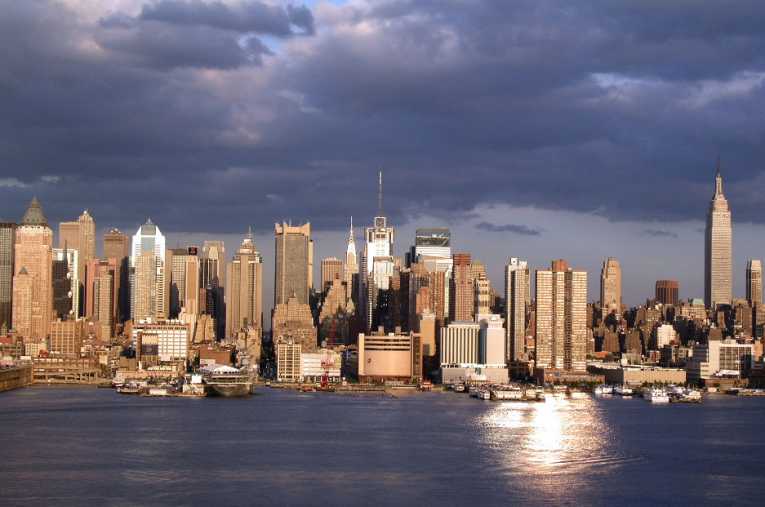By 2050, our cities will be so overcrowded that food production will have to double, as will our energy infrastructure; demand for water, meanwhile, is expected to rise by 30% by 2030. That's according to a report recently published by the Institute of Mechanical Engineers (IMechE) entitled Population: One Planet, Too Many People? which calls on governments to take action now on the way we manage our resources and handle human development.
By 2100, there will be 9.5 billion people living on the planet, as compared to almost 7 billion today. Poorer nations will bear the brunt of this increase - by 2050 an extra three billion people will live in the developing world's cities. Currently one third of the world's urban population has no access to clean water, sanitation or energy, and non-permanent structures account for 18% of all urban housing units.
What can be done to reverse some of these trends? Preventative measures often take decades to be implemented and built so all of these issues, along with sanitation, waste handling, transportation and general overcrowding, need urgent attention now. The means to do this, IMechE argues, is for governments to implement the UN's Millennium Development Goals.
IMechE unsurprisingly believes engineers hold many of the technical solutions to the world's growing demands, including in the field of catering to our potable water needs. Water is necessary for a number of activities, most notably in food production, which guzzles 70% of the water consumed globally. This is, however, no doomsday scenario as the engineers outline that there is in fact enough water on earth to cater to our growing needs. Instead the challenge lies in getting supply to match demand in a sustainable manner.
Groundwater, 100 times more abundant than what's available in rivers and lakes, will play a pivotal role in years to come. This resource is already being exploited, but oftentimes it's being extracted at a rate that is too high to allow for natural replenishment. The method known as Aquifer Storage and Recovery, whereby water is reintroduced by engineered means, is expected to be able to tackle this issue, as is the more extensive use of shared hydrological basins. Cost-effective desalination, more effective rainwater/storm-water harvesting, storage and distribution are also expected to help supply our needs in a sustainable manner.
The doomsday scenario takes place on coastal urban areas - about 75% of the world largest cities are built on the coast! Engineered flood defenses - and even evacuation plans - are likely to be part of the solution, they argue, but strategies will need to be agreed to and implemented long before disaster strikes.
As for our energy needs, IMechE argues that we should focus on what we have and deploy the green technologies available today. They outline the need to reduce demand but also to build large-scale infrastructure in the form of concentrated solar power, fourth-generation nuclear fission and high-voltage direct current transmission.
The engineers point out that the way we consume our natural resources needs a radical rethink. Water, for one, needs to be given a new image. Not only does it need to up its profile (especially by playing a larger role in planning regulations) but it also needs to be processed differently, “moving away from a culture that delivers water at a very high purity regardless of its intended use, and considers all wastewater to be highly contaminated.”
In terms of how aid programmes should be implemented, the engineers make the case for local residents to be more directly involved in the decision-making process. Those living in informal housing areas, for instance, should also be given access to innovative financing solutions, thereby giving them a stake in their neighbourhood.
The engineers argue that behavioural changes are also needed with regards to how we value food, considering end-consumers currently throw away a quarter of the fresh food they buy. Simple engineered solutions, meanwhile, are expected to hold the key to many of the challenges faced by countries with little infrastructure, thereby leapfrogging the 'dirty' phase of industrialisation. In food production, simple measures such as improved food handling and improve storage facilities were cited as relatively low-tech solutions.
Therefore technology isn't the problem - rather a political and economic willingness to make things happen remains the greatest obstacle to dealing with population growth and poverty.















